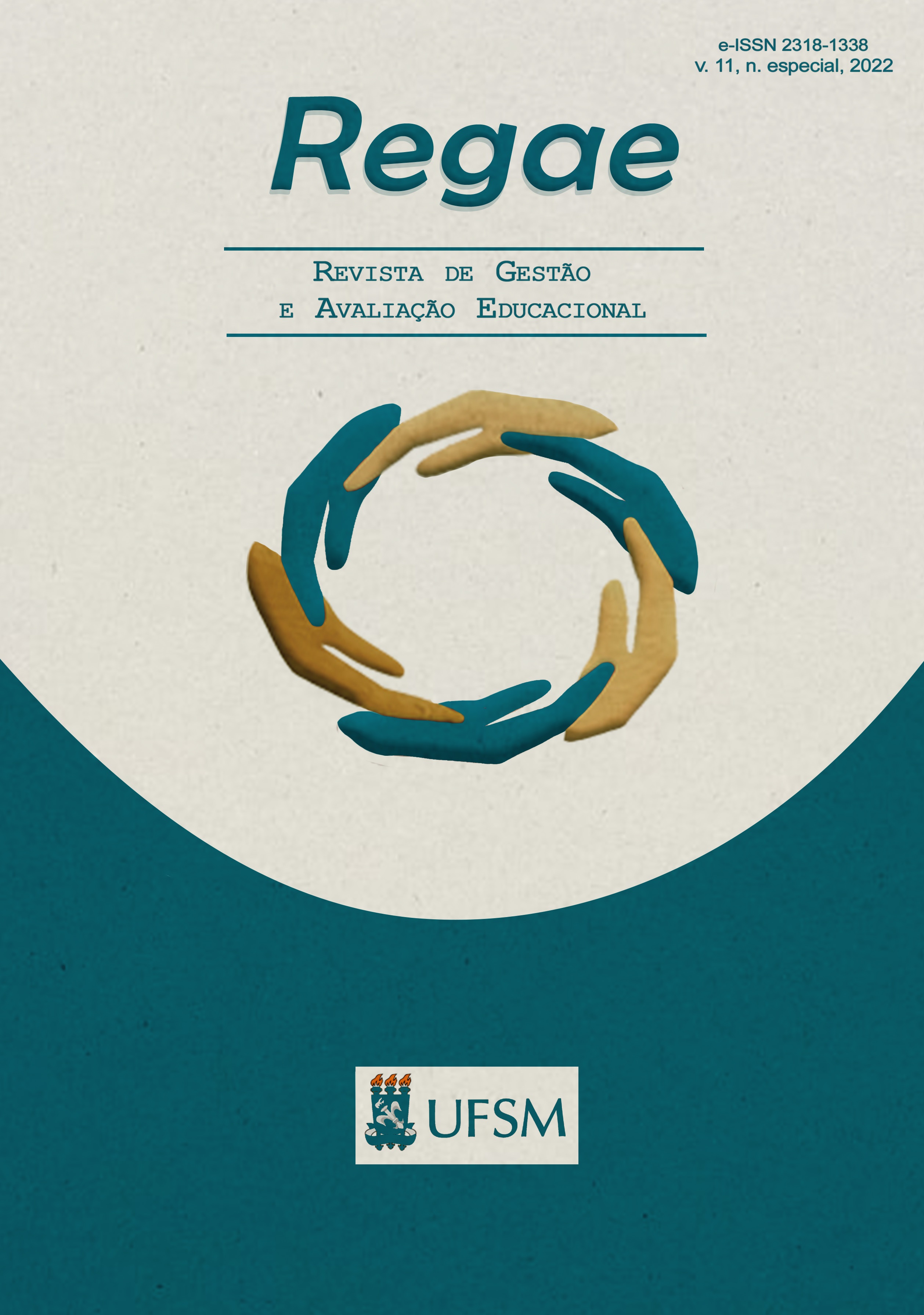Ethics Committee in Research with Human beings of the Institute of Collective Health Studies of the UFRJ: anthropological reflections on the main pendings
DOI:
https://doi.org/10.5902/2318133872324Keywords:
ethics, qualitative research, anthropology, ethics committeeAbstract
The present article intends to present the production of the CEP/Iesc with regard to its production of opinions linked to the Plataforma Brasil, developing a brief anthropological analysis of the main pending issues. The data presented correspond to the period from 2018 to October 2022, which can be found on the aforementioned CEP/Iesc platform. It is expected to contribute to the performance of other CEPs and to researchers in terms of reflection on ethical and methodological aspects of their projects.
Downloads
References
ACADEMIA BRASILEIRA DE CIÊNCIAS. Impactos da pandemia na pesquisa científica. 21/07/2020. Disponível em: https://www.abc.org.br/2020/07/21/impactos-da-pandemia-na-pesquisa-cientifica/. Acesso em: 11 nov. 2022.
BRASIL. Resolução CNS n. 466/2012. Disponível em: https://bvsms.saude.gov.br/bvs/saudelegis/cns/2013/res0466_12_12_2012.html. Acesso em: 11 nov. 2022
BRASIL. Plataforma Brasil, 2022. Disponível em: http://conselho.saude.gov.br/plataforma-brasil-conep?view=default. Acesso em: 11 nov. 2022.
CALDEIRA, Teresa. Uma incursão pelo lado não respeitável da pesquisa de campo. IV ENCONTRO DA ANPOCS. Rio de Janeiro: Anpocs, 1980.
CASTRO, Priscila S. “Ah! Você entende, né?”: proximidades e distanciamentos na pesquisa com adolescentes em tratamento para anorexia nervosa. In. FERREIRA, Jaqueline, BRANDÃO, Elaine R (orgs.). Reflexividade na pesquisa antropológica em saúde: desafios e contribuições para a formação de novos pesquisadores. Brasília: UNB, 2021, p. 209-229.
FERREIRA, Jaqueline, BRANDÃO, Elaine R (orgs.). Reflexividade na pesquisa antropológica em saúde: desafios e contribuições para a formação de novos pesquisadores. Brasília: UNB, 2021.
FLEISCHER, Soraya; SCHUCH, Patrice. Ética e regulamentação na pesquisa antropológica. Brasília: UNB/Letras Livres, 2010.
FONSECA. Cláudia. O anonimato e o texto antropológico: dilemas ético e política da etnografia em casa. Teoria e cultura, Juiz de For, v. 2, n. 1/2, 2008, p. 39-53
FREITAS, Renan Springer de. A saga do ideal de boa ciência. Revista Brasileira de Ciências Sociais, São Paulo, v. 19, n. 55, 2004, p. 91-105.
FOUCAULT, Michel. Microfísica do poder. Rio de Janeiro, Graal, 1985.
GROSSI, Miriam et al. Trabalho de campo, ética e subjetividade. Tubarão: Copiart; Florianópolis: Tribo da Ilha, 2018.
KUHN, Thomas. A estrutura das revoluções científicas. São Paulo: Perspectiva, 2011.
PATY, Michel. Ciência: aquele obscuro objeto de pensamento e uso. Tempo Social, Rio de Janeiro, v. 11, n. 1, 1999, p. 67-73.
SANTANA, Eric; VOLTZ, Luana Gabriela. Saúde pública, justiça e cloroquina: aspectos farmacoepidemiológicos e reflexões bioéticas da pandemia da Covid-19 no Brasil. Voluntas, Santa Maria, v. 11, 2020, p. 1-12.
STANISCUASKI Fernanda et al. Gender, race and parenthood impact academic productivity during the Covid-19 pandemic: from survey to action. Frontiers in Psychology, Lausanne, v. 12, 2021, p.1-14.
VASCONCELOS SILVA, Paulo Roberto; CASTIEL, Luis David; GRIEP, Rosane Härter. A sociedade de risco midiatizada, o movimento antivacinação e o risco do autismo. Ciência & Saúde Coletiva, Rio de Janeiro, v. 20, n. 2, 2014, p. 607-616.
VASCONCELOS, Sonia M. R et al. Rigor científico e ciência aberta: desafios éticos e metodológicos na pesquisa qualitativa. Scielo em Perspectiva. Disponível em: https://blog.scielo.org/blog/2021/02/05/rigor-cientifico-e-ciencia-aberta-desafios-eticos-e-metodologicos-na-pesquisa-qualitativa/#.Y3OybHbMLrc. Acesso em: 15 nov. 2022.
VELHO, Gilberto. O desafio da cidade. Rio de Janeiro: Campus, 1980.
WITTER, Geraldina Porto. Ciência e uso do conhecimento. Psicologia Escolar e Educacional, São Paulo, v. 2, n. 3, 1998, p. 7-8.
ZENOBI, Diego. O antropólogo como espião: das acusações públicas à construção das perspectivas nativas. Mana, Rio de Janeiro, v. 16, n. 2, 2010, p. 471-499.
Downloads
Published
How to Cite
Issue
Section
License
Authors keep copyright and concede to the magazine the right of first publication, with the work simultaneously licensed under the Creative Commons Attribution 4.0 International, non-commercial license with no derivative work, which allows to share the work with no author recognition and initial publication in this magazine.
Authors has authorization to overtake additional contracts separately, to distribute a non-exclusive version of the work published in this magazine: For example: to publish in an institutional repository or as a chapter of a book, with authorial recognition and initial publication in this magazine.
Authors are allowed and are encouraged to publish and distribute their work online. For example: in institutional repositories or in their own personal page – at any point before or during the editorial process, because this can result in productive changes, as well as increase the impact and the mention to the published work.






